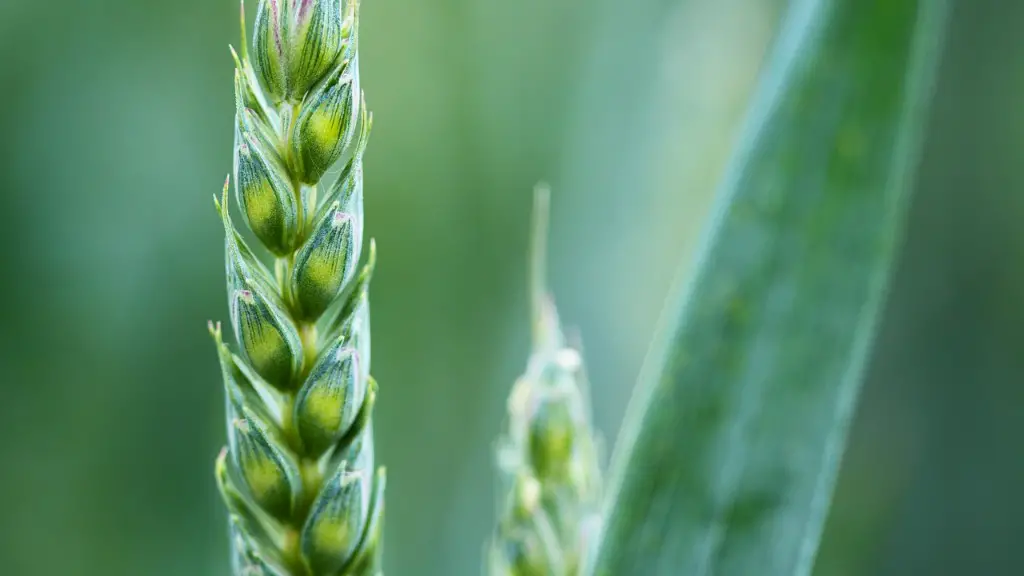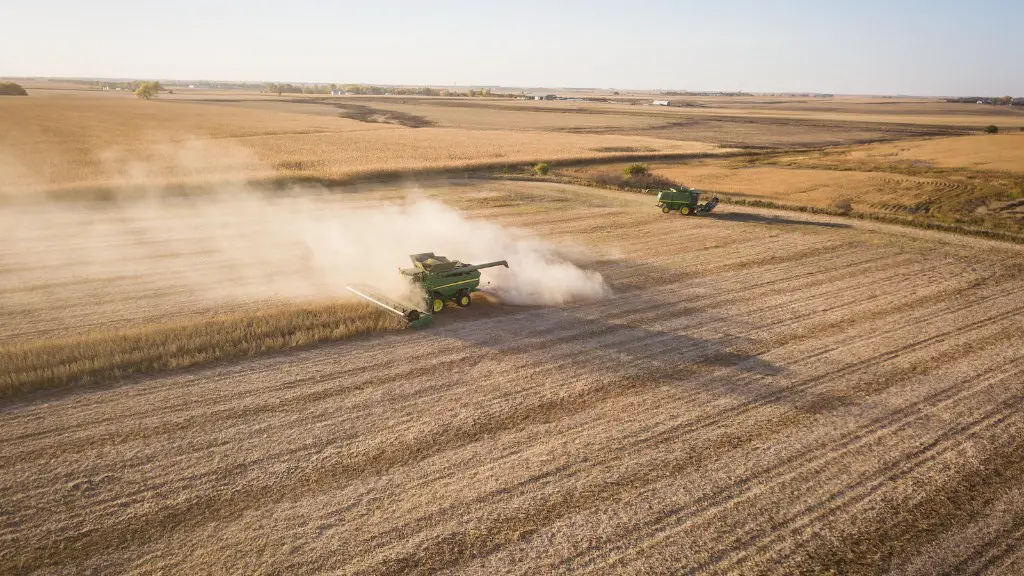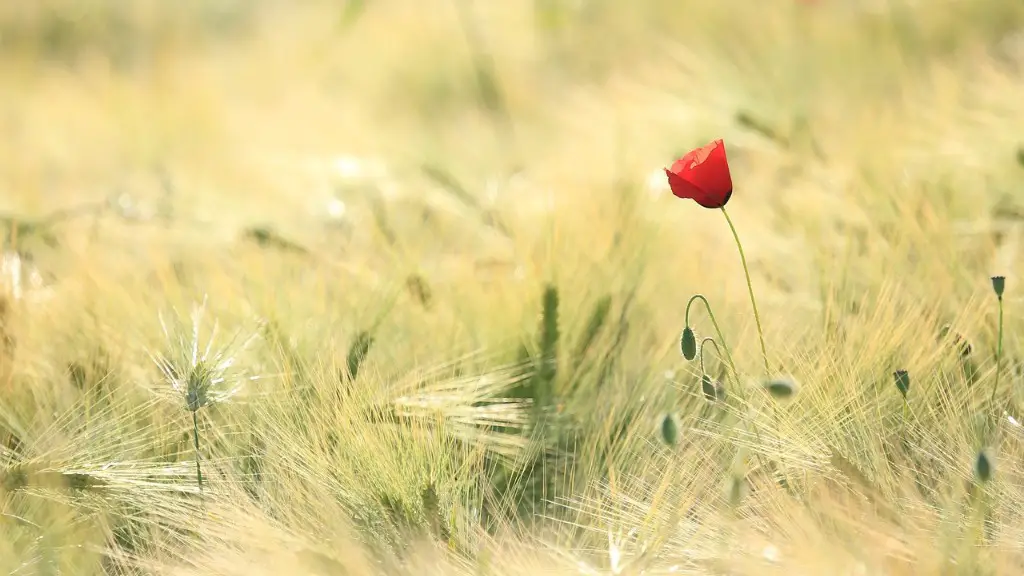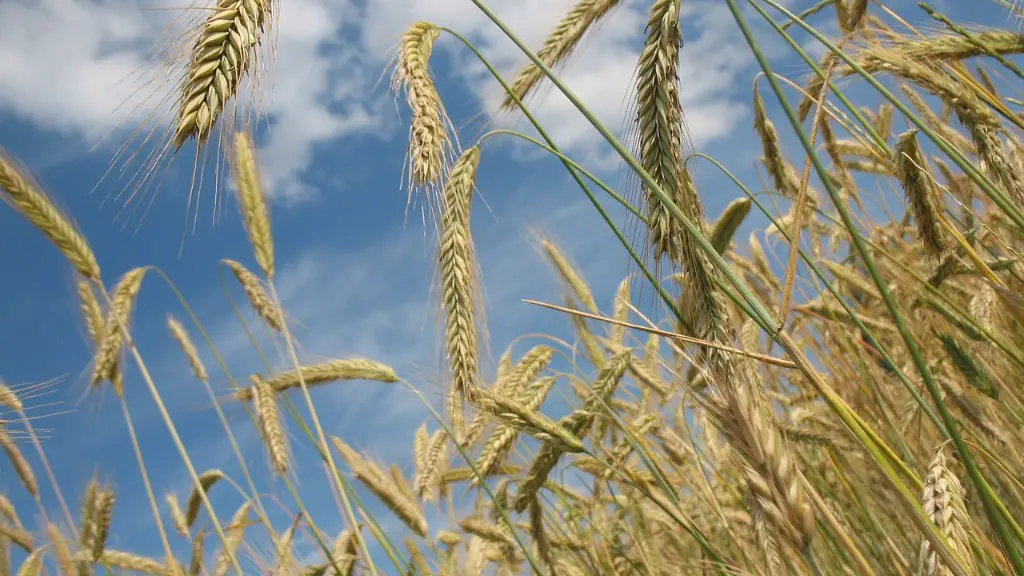Agricultural pesticides have been used ever since the late 19th century. Pesticides are any substance or mixture of substances intended for preventing, destroying, or controlling any pest. Pests can be insects, fungi, weeds, and other so-called “unwanted organisms”. This means that the use of agricultural pesticides have a long and extensive history, with the earliest record being in 1872. During the late 19th century, people had started to use substances like sulfur and arsenic to eradicate pests. Since then, this practice has developed over the years, with more and more compounds and chemicals being used in the agricultural sector.
In the early 20th century, scientist began to research more into these substances and by the mid of 1920s, more than 100 different substances had been identified and studied. Scientists had also identified their effects and started to use them extensively in a diverse range of agricultural activities. It was believed that such formulas of chemicals could increase the yield of crops and that this would subsequently lead to better profitability for the farmers.
Continual usage of agricultural pesticides however led to some of the drawbacks being noticed. One of the most prominent impacts of agricultural pesticides was that it had a significant harmful effect for beneficial organisms which is a reason why some of the pesticides were regulated in the 20th century. Even with the development of agricultural technology, the use of these agricultural pesticides still remain popular and widely used due to the availability of different types, as well as the convenience they provide.
The continuous improvement of agricultural science and technology had also led to the development of newer and more effective agricultural pesticides by the turn of the 21st century. This usage of agricultural pesticides however have a number of drawbacks and some of them include, increased health risks, the pollution of soil and water, and the contamination of agricultural produce. Despite this, agricultural pesticides still remain widely used and will continue to be utilized in many parts of the world.
Effectiveness of Pesticides
The utilization of pesticides has so far been considered as an effective method to control pests and diseases in crops. It has been estimated that, non-chemical methods of pest control are far less effective than their chemical counterparts. This means that the use of pesticides is an important tool to ensure the health and productivity of farmland, by keeping the soil and produce free of hazardous pests.
It has been noted that the use of pesticides can lead to the build-up of residues on the fruits, vegetables and grains. This means that it can pose a serious health risk to humans, particularly when consumed in large amounts over a prolonged period of time. This is why countries and international organizations around the world have imposed tight restrictions on the use of pesticides, as well as the quantity of residues that can be present in produce.
Pesticides have still been seen as effective for controlling pests and this is due to such reasons as; the variety of types available, their affordability and convenience, and their effectiveness against a number of different pests. Moreover, due to their extensive research and development, certain types of pesticides have been designed to be more environmentally friendly and can have less of an ecological impact.
Differences in Pesticide Usage
It has been noted that the usage of pesticides can vary greatly across different countries and regions. This is due to; the availability of pesticides and the legal restrictions imposed on them, the preference of agricultural practices, the efficiency of alternative methods of pest-control, and the local factors such as climate conditions amongst many others. Because of this, one’s pesticide usage will tend to differ greatly from one region to another.
It can be seen that the utilization of pesticides can also depend on what type of crop a farmer intends to cultivate. This is due to the fact that not all plants require the same kind of pesticide. For example, when growing soft fruits, a different pesticide will likely be used in comparison to when growing cereals. Similarly, certain types of vegetables usually require specific kinds of pesticides in order to protect them from disease.
Overall, the usage of agricultural pesticides is on the rise, with a notable variation in their usage from region to region. The need for pesticides has been changing as well and as new technology is being developed, it is likely that the agricultural sector will continue to be reliant on pesticides for a long time to come.
Innovations in Pesticide Usage
In recent times, researchers have been coming up with newer and more innovative ways of using pesticides; such as biological, genetic and food-grade methods of pest control. Such new solutions not only tend to reduce the ecological impact caused by traditional pesticides, but they can also make farming more profitable by minimizing the reliance on expensive chemical pesticides.
One example of a novel pesticide is the use of natural predators to control specific pests. For example, ladybugs are known to consume different types of insect larvae and can be a great aid in pest control. This kind of approach has often been successful, although there can be some drawbacks such as, the requirement for special climate & weather conditions and the cost of rearing natural predators.
Another example of a new way of utilizing pesticide is the use of genetically modified crops. Such crops have been designed to be pest-resistant, meaning that farmers can cultivate them without the need for chemical fertilizers or pesticides. Although such technology is still in its nascent stages, it has garnered attention from researchers and is being studied for its potential to revolutionize the agricultural sector.
New Regulations on Pesticides
Given the extensive usage of pesticides and fertilizers in the agricultural sector, several governments around the world and international organizations are taking steps to create a greater awareness of the effects of such chemicals. Such organizations include the United Nations’ Food and Agriculture Organization (FAO) and the World Health Organization (WHO).
The FAO and WHO are at the forefront of introducing new regulations regarding the usage of pesticides. Such regulations focus mainly on minimising the kinds of residues that can be found in food, as well as on limiting the ecological impact of these chemicals. Moreover, new rules are also introduced to the industry concerning the proper storage, handling and disposal of such chemicals, in order to protect farmers and other personnel from any health risks.
The new regulations and technological innovations concerning the usage of agricultural pesticides, will likely ensure that the use of such chemicals can continue and yet remain safe and beneficial for humanity. This will also mean that the safety of the consumers, who will be ingesting the food that has been treated with pesticides, remains a top priority.
Advantages and Disadvantages of Pesticides
Pesticides have numerous benefits, but they can also have a large number of drawbacks. On the one hand, pesticides can be incredibly useful, as they can penetrate crops rapidly with their chemical compound and annihilate any destructive insect or pest. This process ensures that the crop will remain safe and healthy and will yield a better harvest.
On the other hand, it should also be noted that the usage of pesticides can have serious consequences for certain organisms, such as birds, water-life, and beneficial insects. Moreover, pesticides can also have a significant effect on the environment, such as, its ability to contaminate land and water, as well as its possible long-term health risks to humans. To ensure sustainability, it is essential that farmers also consider alternative methods of pest control, which are not as heavily reliant on chemical pesticides.
In conclusion, the idea of using agricultural pesticides has been around since the late 19th century and has been very popular since then. Different types of pesticides have been developed, with some of them being more environmentally-friendly than others. Since then, several rules and regulations have been placed on their usage, in order to protect the environment, as well as the consumers who will be consuming the food that has been treated with pesticides.




